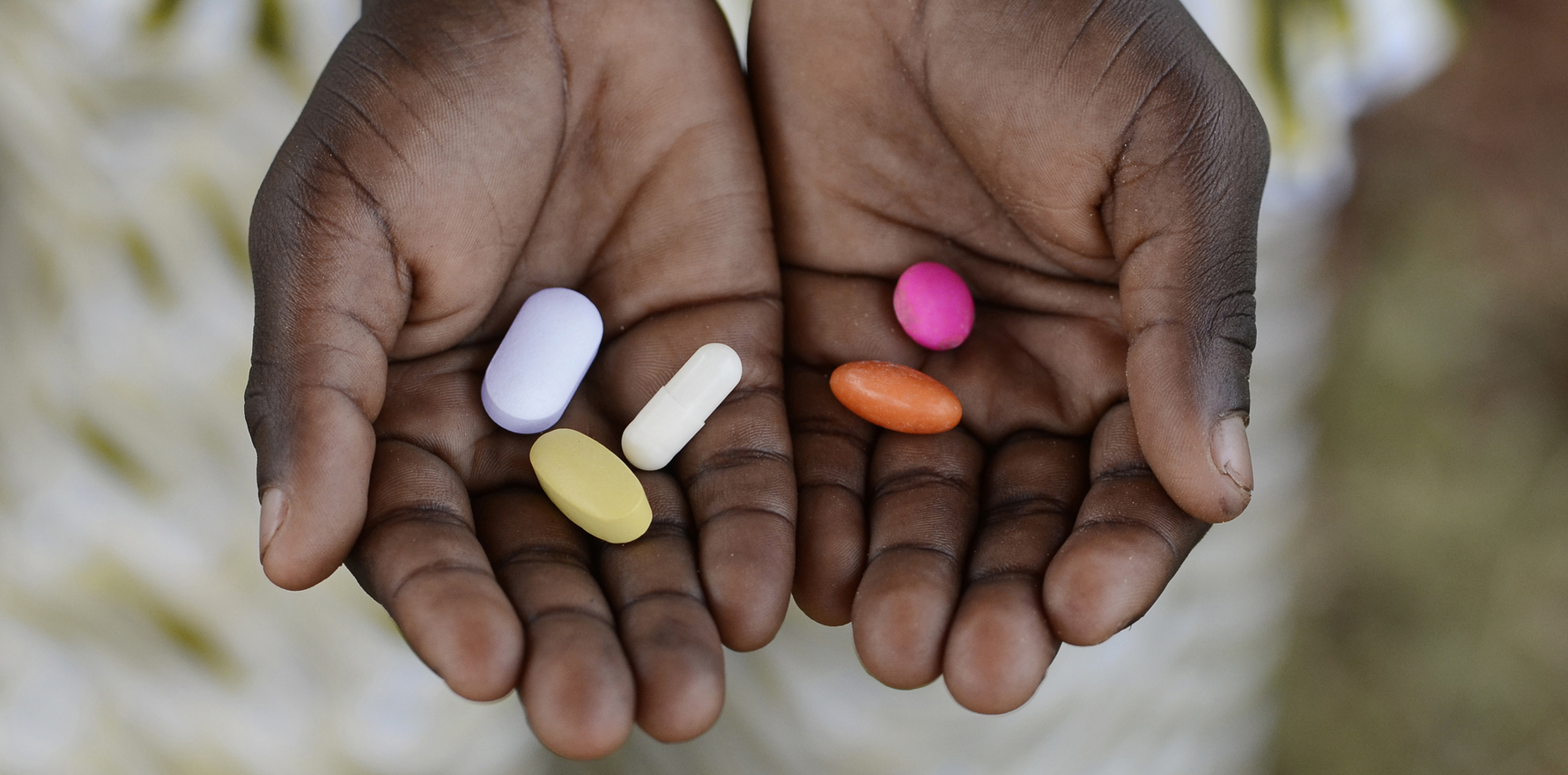People in poorer countries are increasingly at risk of non-communicable diseases associated with wealthy societies, a new systematic study has found
People in poorer countries are increasingly at risk of non-communicable diseases associated with wealthy societies, a new systematic study has found.
In the review, published in The Lancet, researchers examined 283 peer-reviewed studies conducted in lower- and middle-income countries in Africa, Asia and Latin America between 1968 and 2017.
Conspicuously, an increasing majority of studies conducted since 2000 showed populations with a lower socioeconomic status had an elevated risk of developing diseases such as diabetes, stroke, myocardial infarction and cancer.
The researchers noted a corresponding increase in risk factors, such as high BMI, the use of tobacco and alcohol, and hypertension.
In studies carried out before the turn of the century, no clear link was seen between these diseases and poverty.
“Poorer and less educated people are suffering from what once were considered diseases of the rich,” lead author Professor David Peters, of Johns Hopkins Bloomberg School of International Health, said.
“Our findings show that health inequalities have clearly become a double blow to poorer people in low- and middle-income countries.
“Lack of access to healthcare and disease-prevention efforts puts them at a higher risk of dying from both tuberculosis and lung cancer, for example.”
The research project was one of the first comprehensive systematic reviews to analyse the relationship between poverty and non-communicable disease.
The researchers also identified 19 studies that focused on the impact of chronic disease in reducing people to poverty due to a lack of safety nets, such as insurance or personal savings.
They recommended that international and national policies should be developed to extend universal health coverage and halt growth in inequality, as non-communicable diseases were an increasing burden for poorer people across the world.
Globally, these diseases contributed to more than two-thirds of all deaths and the majority of early deaths and disability, the paper said.


